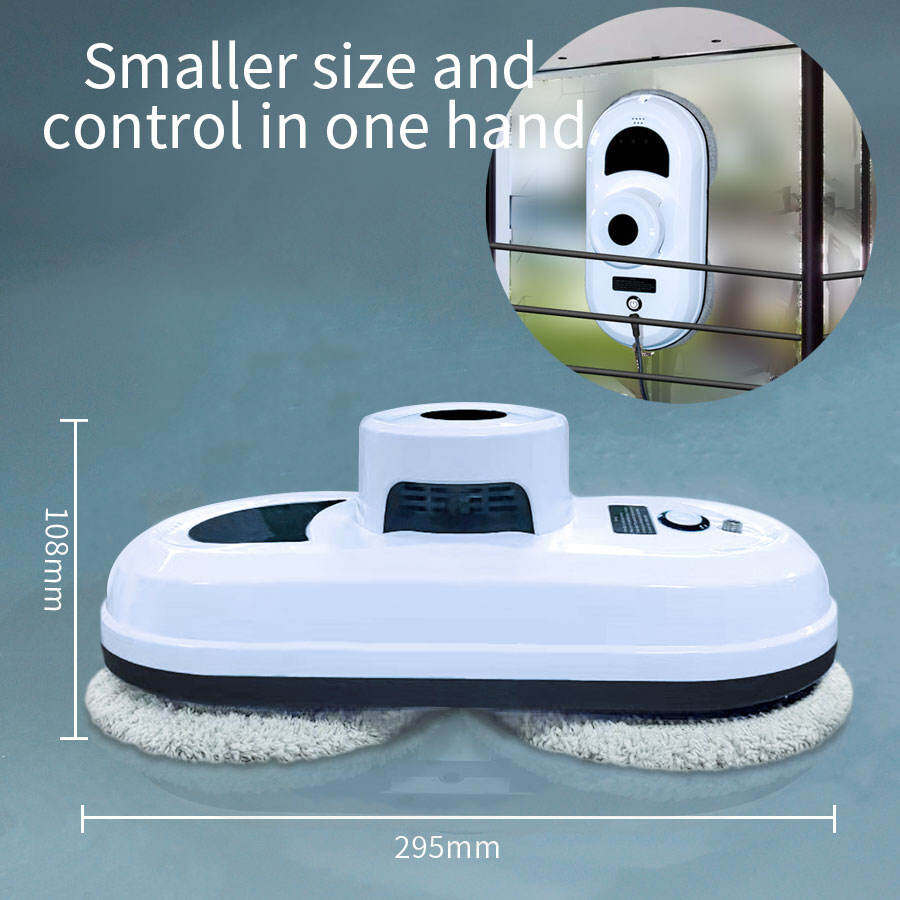メールフォーマットエラー
emailCannotEmpty
emailDoesExist
pwdLetterLimtTip
inconsistentPwd
pwdLetterLimtTip
inconsistentPwd

ニュース

International Market and Competition: Analysing the Sales and Competitive Landscape of the China Window Cleaning Robot Smart Control Window Cleaner
Introduction
The China Window Cleaning Robot Smart Control Window Cleaner has gained significant popularity in the domestic market. However, understanding its performance in the international market and meeting user demands and expectations are crucial for its continued success. In this blog post, we will delve into the sales and competitive situation of the robot in the global market, as well as explore user requirements and expectations to guide product design and improvement.
International Market and Competition
The China Window Cleaning Robot Smart Control Window Cleaner has made strides in expanding its presence in international markets. It has successfully entered markets in North America, Europe, and Asia, competing with established international brands. The sales performance has been promising, with increasing demand from both residential and commercial sectors.
To gain a competitive edge, the China Window Cleaning Robot must emphasise its unique features, such as advanced smart control systems, efficient cleaning algorithms, and compatibility with various window types and sizes. Additionally, strategic partnerships with local distributors and effective marketing campaigns can help increase brand visibility and market share.

User Requirements and Expectations
Understanding user requirements and expectations is crucial for product design and improvement. Through extensive market research and user feedback, several key factors have emerged:
Cleaning Efficiency: Users expect the robot to effectively clean windows, leaving them spotless and streak-free. The cleaning mechanism should be powerful enough to remove dirt, grime, and smudges, even from hard-to-reach areas.
Safety Features: Users prioritise safety when using window cleaning robots. They expect features such as anti-fall sensors, obstacle detection, and secure attachment mechanisms to prevent accidents and damage to windows.
Ease of Use: Users desire a user-friendly interface and intuitive controls that allow for easy operation and customization. The robot should offer different cleaning modes and scheduling options to accommodate individual preferences.
Versatility: Users have varying window types and sizes, and they expect the robot to adapt to different surfaces, including glass, mirrors, and tiled walls. The ability to clean both indoor and outdoor windows is also highly desirable.
Durability and Maintenance: Users expect the robot to be durable and long-lasting, with minimal maintenance requirements. Easy access to spare parts and prompt customer support are also important considerations.
By incorporating these user requirements and expectations into product design and improvement, the China Window Cleaning Robot can enhance its competitiveness and meet the diverse needs of international customers.
Conclusion
The China Window Cleaning Robot Smart Control Window Cleaner has made significant strides in the international market, competing with established global brands. To maintain its success, it is crucial to understand the sales and competitive landscape as well as meet user requirements and expectations. By continuously improving its features, emphasising safety and efficiency, and providing excellent customer support, the robot can solidify its position in the global market and cater to the evolving demands of users worldwide.

